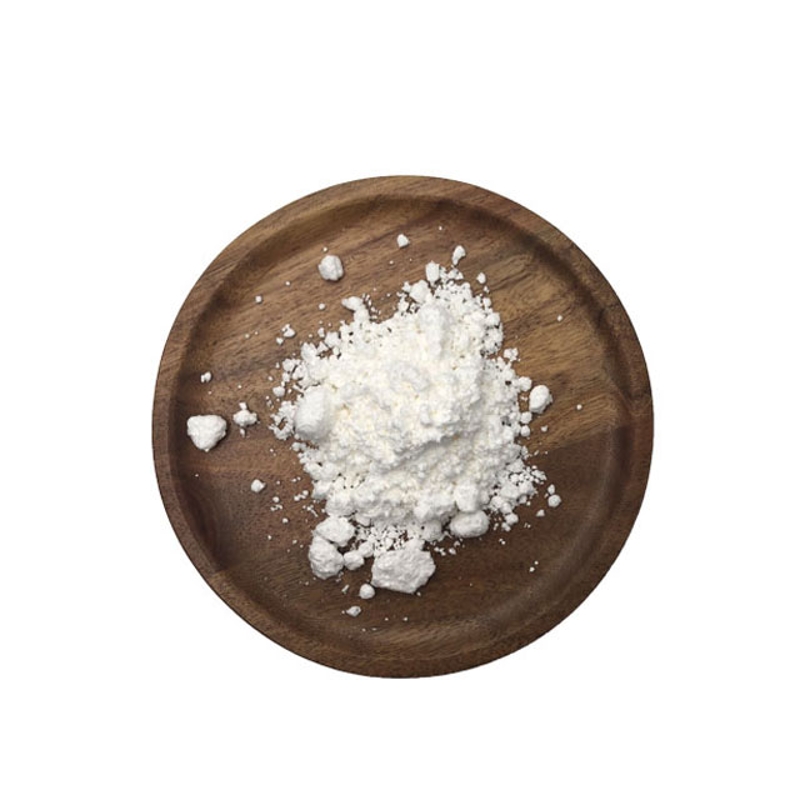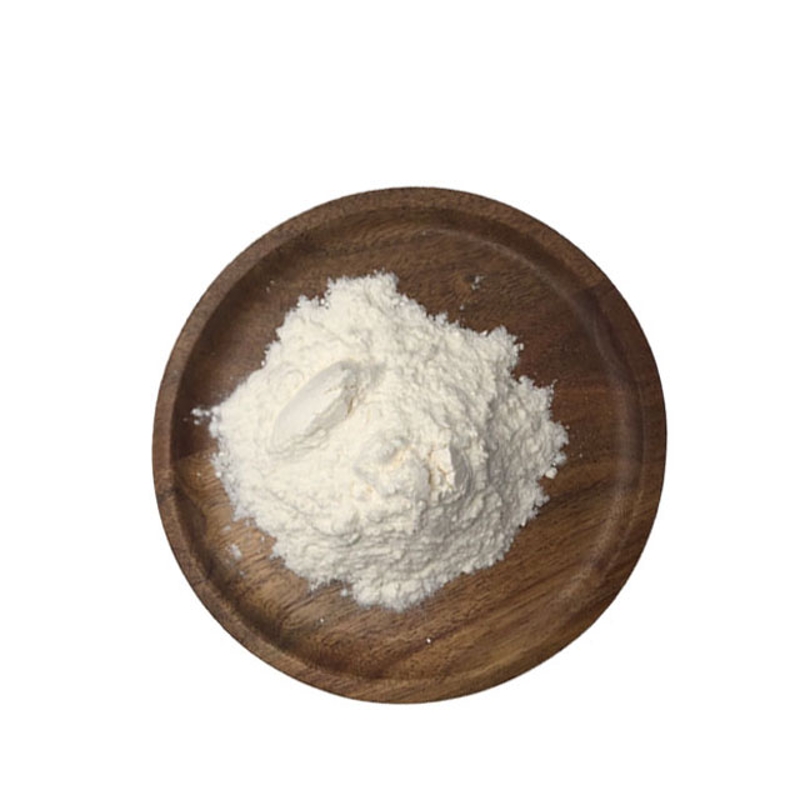-
Categories
-
Pharmaceutical Intermediates
-
Active Pharmaceutical Ingredients
-
Food Additives
- Industrial Coatings
- Agrochemicals
- Dyes and Pigments
- Surfactant
- Flavors and Fragrances
- Chemical Reagents
- Catalyst and Auxiliary
- Natural Products
- Inorganic Chemistry
-
Organic Chemistry
-
Biochemical Engineering
- Analytical Chemistry
- Cosmetic Ingredient
-
Pharmaceutical Intermediates
Promotion
ECHEMI Mall
Wholesale
Weekly Price
Exhibition
News
-
Trade Service
Pancreatectomy, such as pancreaticoduodenectomy (PD) and distal pancreatectomy (DP), has been the gold standard surgical procedure for malignant pancreatic tumors
.
Despite advances in surgical skills, energy devices, and perioperative management, surgery-related mortality can be as high as 5% after PD and DP
.
Among the potential postoperative complications (POC), the most common are surgical site infection (SSI), delayed gastric emptying (DGE) and postoperative pancreatic fistula (POPF)
.
There is recent evidence that POPF is associated with poor prognosis in pancreatic cancer patients
.
Reported POC, including POPF rate, is 30-50%
.
Previous studies have shown that the Geriatric Nutritional Risk Index (GNRI) can predict SSI, POPF and PPH in patients undergoing PD or DP due to hepatobiliary disease
.
What's more, GNRIs are readily available and inexpensive, requiring only data on weight, height, and serum albumin levels
.
Therefore, this study assessed the relationship between GNRI and outcomes such as overall survival (OS) in patients with PD or DP with resectable pancreatic cancer, to determine whether it could predict the prognosis of patients with resectable pancreatic cancer who received PD or DP
.
This retrospective study examined 139 patients who underwent radical pancreatectomy for resectable pancreatic cancer
.
All patients underwent nutritional screening using GNRI and were followed up for POC diagnosis and patient outcomes such as OS
.
According to GNRI value, they were divided into low group: N = 74, GNRI<99; and high group: N = 65, GNRI≥99
.
Kaplan-Meier analysis and log-rank test showed that patients with GNRI <99 had significantly lower OS than those in the high group (p = 0.
002; Figure 2)
.
GNRI values were significantly associated with OS as a prognostic marker
.
Furthermore, stage II patients were compared according to GNRI cut-off values, as they accounted for 77.
8% and 70.
1% of the low and high groups, respectively (Fig.
3)
.
Univariate analysis showed that OS was significantly associated with the GNRI cutoff (p = 0.
003)
.
Multivariate analysis showed GNRI <99 (HR: 2.
45; 95% CI: 1.
02–5.
86; p = 0.
04), gender (HR: 3.
01; 95% CI: 1.
57–5.
77; p = 0.
001), and surgery (HR: 3.
01; 95% CI: 1.
57–5.
77; p = 0.
001) 2.
30; 95% CI: 1.
16–4.
55; p = 0.
02) was a significant independent prognostic potential marker of OS (Table 4)
.
Overall, although GNRI can be easily obtained from preoperative routine work without invasive surgery, it can predict OS in pancreatic cancer patients after pancreatectomy
.
Therefore, future prospective randomized studies are warranted to investigate the importance of GNRI in improving outcomes in pancreatic cancer patients after curative surgery
.
Original source:
Funamizu, N.
, Sakamoto, A.
, Utsunomiya, T.
et al.
Geriatric nutritional risk index as a potential prognostic marker for patients with resectable pancreatic cancer: a single-center, retrospective cohort study.
Sci Rep 12, 13644 (2022) .
https://doi.
org/10.
1038/s41598-022-18077-z







